23 October 2018
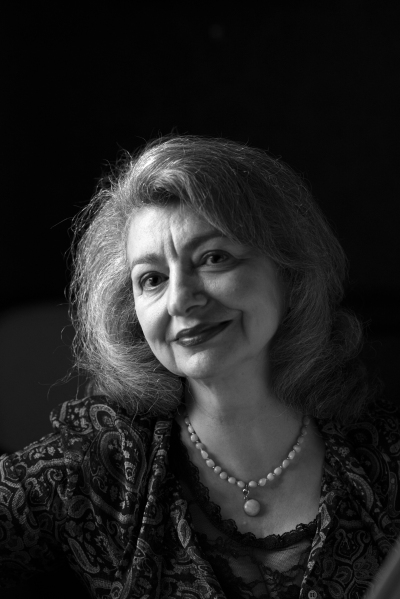
Speaker:
Prof
Liah Greenfeld
Topic:
The Awareness of cultural and civilizational differences and its implication on research in various disciplines
Time:
14:00 - 15:30
Venue:
E0311, 3/F, Block E, Jockey Club Campus, OUHK
ABSTRACT:
This workshop will discuss the implications of cultural and civilizational differences on the study and research directions in various academic disciplines in humanities and social sciences. The possibility of the translatability of cultures and cross-cultural understanding is often overestimated as it is popularly assumed that the perception of reality is universal. This workshop addresses the fundamental conditions which defines the subject matter of humanities and social sciences, and thus invoke reflection upon the directions of intellectual pursuits undertaken by academics of said disciplines.
Language:
English
REGISTRATION:
24 October 2018
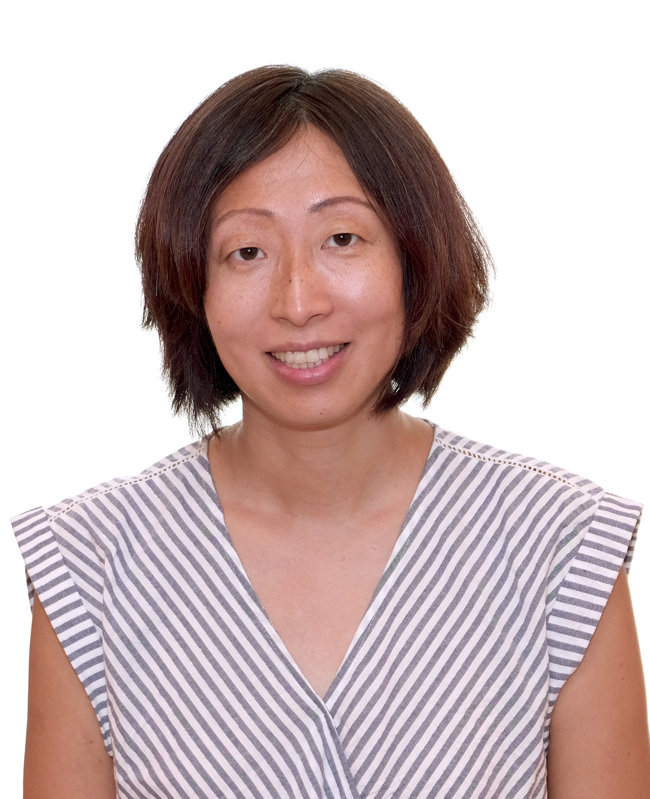
Speaker:
Prof
Becky Xi Chen
Topic:
Dynamic Assessment for Language Learning Abilities in Monolingual and Bilingual Children: Theoretical Background and Application
Time:
14:00 - 15:30
Venue:
Lu Sin Lecture Theatre (D0309), 3/F, Block D, Jockey Club Campus, OUHK
Language:
English
REGISTRATION:
25 October 2018
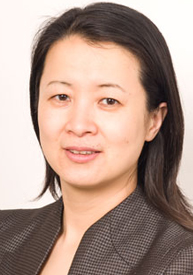
Speaker:
Prof
Zhu Hua
Topic:
Whose Karate? Language and cultural learning in a multilingual karate club in London
Time:
13:30 - 14:30
Venue:
Lu Sin Lecture Theatre (D0309), 3/F, Block D, Jockey Club Campus, OUHK
Abstract:
This talk aims to explore language learning as a process of translanguaging and of cultural translation. The empirical base of the argument draws upon a sociolinguistic ethnography of translanguaging practices in a karate club in east London, UK. Ethnically and linguistically highly diverse members of the local community are brought together in this club to learn what is presented to them as a Japanese martial art. Language forms and physical movements are taught as cultural practices. Whilst this kind of teaching and learning may be variably seen as ‘incidental’ or ‘formulaic’, its socio-cultural impact on the individuals concerned is particularly significant. The talk investigates the impact through a detailed and systematic analysis of the teaching and learning process whereby cultural traditions, values and practices are being translated, and consequently subjectivities and self-images of the participants transformed. In doing so, I broaden the concept of language and regard it as a multifaceted sense- and meaning-making resource, and explore the theoretical implications of taking language teaching and learning as a process of cultural translation.
Language:
English
REGISTRATION:
26 October 2018

Speaker:
Prof Liah Greenfeld
Topic:
The Translatability of Culture
Time:
10:00 - 11:00
Venue:
Lu Sin Lecture Theatre (D0309), 3/F, Block D, Jockey Club Campus, OUHK
Abstract:
The lecture will address the nature of culture and the place of language in culture, stressing its centrality as the chief medium of communication, the medium of thinking, and the medium of transmission, tradition, translation (including cross-cultural translation). At the same time, it will emphasize that no culture can be reduced to language, and thus cannot be fully expressed in it, which limits the possibilities of the translatability of cultures and cross-cultural understanding. It then will consider the question to which extent the problem is exacerbated when translations need to make mutually understandable not simply different cultures but different civilizations, as do translations from English into Chinese and from Chinese into English.
LANGUAGE:
English
REGISTRATION:
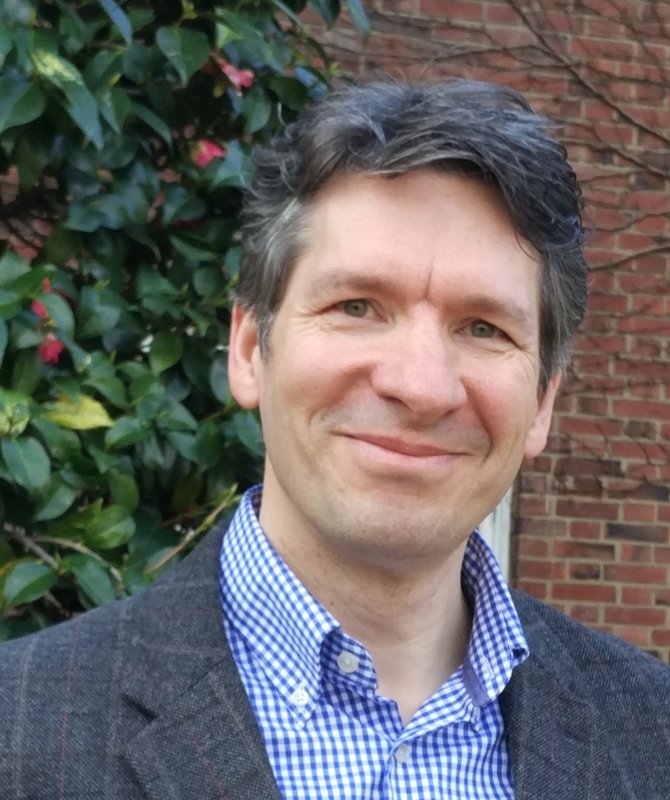
Speaker:
Prof Laurence Anthony
Topic:
New Directions in Corpus Design and Corpus Tools Development
Time:
13:30 - 14:30
Venue:
Lu Sin Lecture Theatre (D0309), 3/F, Block D, Jockey Club Campus, OUHK
Abstract:
In this keynote lecture, I will first discuss recent changes
in the nature of corpus linguistics research, focusing on the importance of corpus
size and design choices, the growing use of web-based corpora, and the introduction
of novel statistical and visualization techniques. Next, I will explain how
these changes have led to various new avenues for corpus research, including
social network analysis and multilingual corpus studies. Then, I will introduce
a range of desktop and web-based corpus tools that can assist corpus linguists
in the collection, cleaning, and annotation of corpora, as well as the analysis
and visualization of results from corpus studies in these new areas. At the end
of the lecture, I will discuss how newcomers to corpus linguistics can best
learn to use these tools and apply them in novel and interesting corpus
linguistics studies.
Language:
English
REGISTRATION:

Speaker:
Prof
Becky Xi Chen
Topic:
English-speaking and multilingual children in French
immersion programs in Canada: research findings and implications
Time:
16:45 - 17:45
Venue:
Lu Sin Lecture Theatre (D0309), 3/F, Block D, Jockey Club Campus, OUHK
Abstract:
In this
presentation, I will summarize the findings of my research on language and
literacy development of children enrolled in French immersion programs in
Canada. I have conducted two large-scale projects in this area in the past 10
years. French immersion programs are publically funded in Canada. Students
enrolled in these programs come from non-Francophone backgrounds but they
receive school instruction primarily or entirely in French. In other words,
English first language and English language learner students are becoming
bilingual in English and French, and trilingual in English, French, and their
first language, respectively.
A central theme of my research projects is cross-language transfer. I have examined transfer of metalinguistic (e.g., phonological awareness, morphological awareness, orthographic processing) and literacy (e.g., vocabulary) skills between English and French. Generally speaking, there is substantial evidence supporting transfer between the two languages, though the extent and direction of transfer are determined by a range of factors (e.g., relative levels of proficiency in the two languages, underlying mechanisms of a construct, etc.).
Additionally,
I have explored early identification of and early intervention for at-risk
readers who are emerging English-French bilinguals. We administered a number of
screening measures (e.g., phonological awareness, rapid automatized naming, and
letter and word fluency measures) to children to predict their at-risk status
one or two years later. We also carried out an 18-week phonological awareness
intervention to at-risk readers in the first grade. While the intervention was
administered in English, it significantly improved phonological awareness and
word reading in French, and the effects were maintained in grade three.
Therefore, our findings have demonstrated that it is possible to identify at-risk
readers in their second language and provide them with timely interventions to
reduce and prevent dyslexia.
Language:
English
REGISTRATION:
27 October 2018
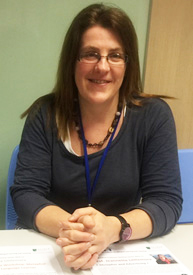
Speaker:
Prof Jeannette Littlemore
Topic:
What can
metaphor tell us about the different ways in which people view the world?
Time:
11:30 - 12:30
Venue:
Lu Sin Lecture Theatre (D0309), 3/F, Block D, Jockey Club Campus, OUHK
Abstract:
Figurative language (in particular
metaphor) is used in all forms of communication in a wide variety of contexts,
ranging from informal conversations to news articles, advertisements,
educational interchange, expert discourse, business correspondence, policy
documents, doctor/patient exchanges, government communication, legal settings,
and industry/client interaction. The reason for this is that metaphor is one of
the primary tools for achieving economy of expression, clarity, persuasiveness,
politeness, communication of evaluations and emotions, and other ends. It can
also tell us about the different ways in which people understand and make sense
of the world.
In this talk, I
outline a number of studies that I, along with my colleagues, have conducted
investigating how figurative language (particularly metaphor) is used by
different groups of people in different situations. I show how, by studying the
ways in which metaphor use varies according to the individual and the context
in which they are using it, we gain insights into very different world views. I focus on variation in gender, workplace,
mindset and mental state. Findings from these studies shed light on the nature
and the power of metaphorical language and thought, and they tell us more about
what it means to be ‘non-literal’. They also have implications for the
provision of support for people who have experienced difficult and traumatic
episodes, where non-literal language is used to discuss and comes to terms with
experiences that cannot be expressed using ‘ordinary’ language.
Language:
English
REGISTRATION:
29 October 2018

Speaker:
Prof Zhu Hua
Topic:
Language
choice and learning at home
Time:
1130 - 1300
Venue:
E0311, 3/F, Block E, Jockey Club Campus, OUHK
Abstract:
語言對移民十分重要。它是跨國身份的一部分,在某些情況下,語言可能是離鄉背井的移民與祖先土地的唯一聯繫。跨國居民必須決定他們要在多大程度上保留自己的族裔語言,在多大程度上採用移居地的語言。語言因此成為離散社區用於戰略目的的象徵性和流動性資源。應用語言學家已經對許多與語言,移居和移民相關問題進行了較為深入的探討。這些問題包括:移民如何以及為何保持“舊”語言,即他們的傳承語言(詳見Li和Zhu,2013a)?他們如何以及為什麼學習“新”語言?移民如何在家庭,社區和工作場所協商語言、社會關係、身份和意識形態?講座簡要介紹這些移民家庭中的語言選擇與學習研究領域的主要研究論題,即語言維持與轉用和語言社會化。
Language:
Mandarin
REGISTRATION:
30 October 2018

Speaker:
Prof Jeannette Littlemore
Topic:
Idioms
and the body: How the two connect
Time:
17:00 - 18:00
Venue:
B0614, 6/F, Block B, Main Campus, OUHK
Abstract:
Much
idiomatic language is based on the body. For example, in English, we talk about
‘keeping an eye on things’, if we want to make sure they are going to work
well, when we are suspicious, we might ‘smell a rat’ and when we like something
we get a ‘taste’ for it, even if it is not food. I this talk, I look at the
role played by the body in understanding expressions such as these and discuss
some interesting research whose findings suggest that it plays a bigger role
than we think.
Language:
English
REGISTRATION:
31 October 2018

Speaker:
Prof Jeannette Littlemore
Topic:
The
role of figurative language in advertising
Time:
14:00 - 15:30
Venue:
B0614, 6/F, Block B, Main Campus, OUHK
Abstract:
Figurative language often fulfils an
important evaluative function. For this reason it is often used in advertising,
where positive evaluations are very important. In this seminar, I discuss the
role played by figurative language in advertising, looking at how metaphor
works in combination with other kinds of figurative language, to maximise the
effectiveness of advertisements. I also look at how responses to figurative
language in advertisements vary across cultures. I discuss the implications of
these findings for the use of advertising in international markets.
Language:
English
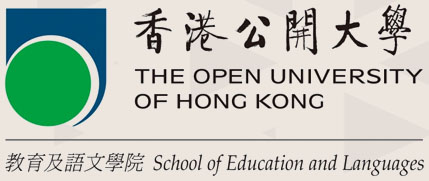 2018 International Conference on Bilingual Learning and Teaching
2018 International Conference on Bilingual Learning and Teaching